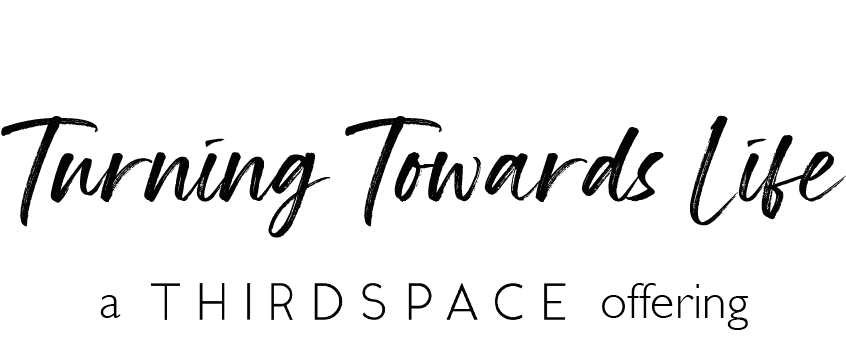Meeting the Shadow, Episode 277
What we won't own in ourselves often finds its way out into the world anyway, but in distorted or destructive form - sometimes at great consequence to ourselves and to those around us. Or we'll project it onto others - seeing anger in them, for example, when it's really ours to work with.
But there are other paths, one of which is to turn towards what is 'shadow' in us and find a way to integrate it so it can belong. When we do this, the shadow has a much better chance of making the life-giving contribution it's here to make. This is, perhaps understandably, a far from easy path to walk, but one with many riches - and much to offer in the way of creating cultures in which we're able to take care of others and ourselves with dignity and compassion.
Our conversation this week, hosted as always by Lizzie Winn and Justin Wise of Thirdspace, draws on the work of Carl Jung as we wonder together about the courage, creativity, and openness it can take - and our willingness to allow ourselves to get messy and porous - in order to meet, with sufficient openness, that which we would otherwise turn away from.
Here's our source for this week:
Meeting the Shadow
Letter from C. G. Jung to P. W. Martin, founder of the International Study Centre of Applied Psychology, Oxford, England, 20 August 1937
Dear Mr. Martin,
It is a very difficult and important question, what you call the technique of dealing with the shadow. There is, as a matter of fact, no technique at all, inasmuch as technique means that there is a known and perhaps even prescribable way to deal with a certain difficulty or task. It is rather a dealing comparable to diplomacy or statesmanship.
There is, for instance, no particular technique that would help us to reconcile two political parties opposing each other. It can be a question of good will, or diplomatic cunning or civil war or anything. If one can speak of a technique at all, it consists solely in an attitude. First of all one has to accept and to take seriously into account the existence of the shadow. Secondly, it is necessary to be informed about its qualities and intentions. Thirdly, long and difficult negotiations will be unavoidable.
Nobody can know what the final outcome of such negotiations will be. One only knows that through careful collaboration the problem itself becomes changed. Very often certain apparently impossible intentions of the shadow are mere threats due to an unwillingness on the part of the ego to enter upon a serious consideration of the shadow. Such threats diminish usually when one meets them seriously. Pairs of opposites have a natural tendency to meet on the middle line, but the middle line is never a compromise thought out by the intellect and forced upon the fighting parties. It is rather a result of the conflict one has to suffer.
Such conflicts are never solved by a clever trick or by an intelligent invention but by enduring them. As a matter of fact, you have to heat up such conflicts until they rage in full swing so that the opposites slowly melt together. It is a sort of alchemistic procedure rather than a rational choice and decision. The suffering is an indispensable part of it. Every real solution is only reached by intense suffering. The suffering shows the degree in which we are intolerable to ourselves. “Agree with thine enemy” outside and inside! That’s the problem! Such agreement should violate yourself as little as your enemy. I admit it is not easy to find the right formula, yet if you find it you have made a whole of yourself and this, I think, is the meaning of human life.
Sincerely yours,
C. G. Jung
Photo by Mohamed Nohassi on Unsplash

